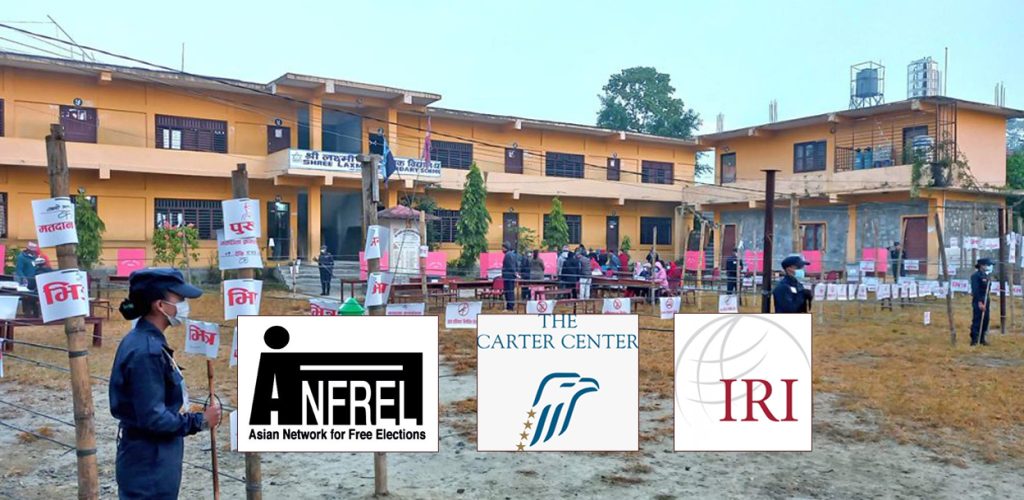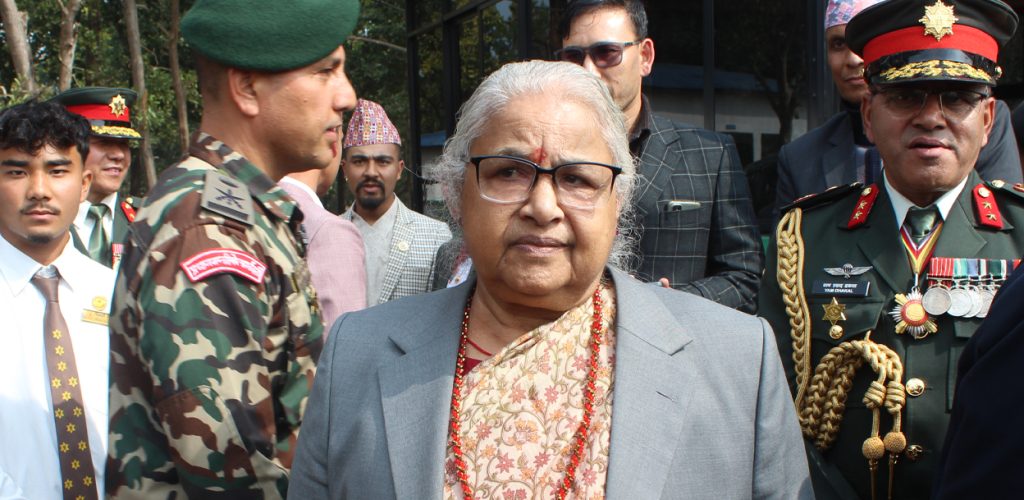With India and the United States coming close to each other in security partnerships so as to minimise the influence of China on South Asia, a new round of discussion has begun about the US influence on this region. For many, it signals the increased tension between India and China, which will also have an impact on Nepal also.
In this context, Onlinekhabar has talked to Professor Yuan Qun, the deputy dean at School of Marxism Studies, Yunnan University, China. In the brief conversation, Yuan has also explained other dimensions of Nepal-China relations.
Excerpts:
Currently, the US Secretary of State is on an Asia tour. Apparently, he is openly asking small countries to avoid the China-led Belt and Road Initiative and asking to take the American side. What is your view on it?
The Belt and Road construction neither engaged in any ideological output nor seeks to establish China’s sphere of influence in other countries. But, it emphasises win-win cooperation. China has always maintained that the development of bilateral relations between countries should be conducive to regional peace, stability and development and must not harm the legitimate rights and interests of third parties.
(The US Secretary) Pompeo’s attack on China once again exposed his Cold War mentality and ideological prejudice. His purpose is to provoke the relationship between South Asian countries and China, build an anti-China strategic encirclement of the Indo-Pacific region, and finally contain China’s development.
But, why has been there less progress in the development of BRI projects in Nepal?
The Belt and Road Initiative is the road to peace, cooperation and prosperity, but some Nepalis worry that they will be overly dependent on China economically and become a vassal of the Chinese economy. On the one hand, they want to use the Belt and Road Initiative to help Nepal’s economic development. On the other hand, they want to seek more economic assistance and investment from other countries to achieve the goal of balancing China. This has led to the fact that the potential for cooperation between China and Nepal has not been fully developed.
What are your suggestions on what Nepal should do to take maximum benefits from the economic development of China?
First, both sides should intensify high-level exchanges, increase political mutual trust, strengthen the exchange and sharing of governance and development experience, and consolidate the political foundation of China-Nepal relations.
Second, both sides should actively promote the construction of a trans-Himalayan three-dimensional interconnection network, expand practical cooperation, and focus on strengthening cooperation in trade and investment, post-disaster reconstruction, energy, tourism, and the fight against the pandemic.
Third, both sides should strengthen cultural exchanges, create new highlights in China-Nepal humanities cooperation, and build a solid foundation for China-Nepal friendship and public opinion.
How do you observe the relationships between the Nepal Communist Party and the Communist Party of China?
Both the Communist Party of China and the Communist Party of Nepal take Marxism as their guiding ideology. The Communist Party of China is leading the Chinese people to build socialism with Chinese characteristics. The Communist Party of Nepal is also exploring a development path that combines the basic principles of Marxism with its own national conditions. The two parties can learn from each other’s experiences in party building and state governance, and build a new type of party relationship featuring mutual respect, seeking common ground while reserving differences, and learning from each other.
Could you please tell us more about the CPC’s relationships with other political parties in Nepal?
The CPC adheres to the principles of independence, complete equality, mutual respect, and non-interference in each other’s internal affairs, to carry out friendly exchanges and cooperation with various political parties in Nepal. The CPC is willing to strengthen exchanges and mutual learning with various political parties in Nepal, to enhance mutual political trust between the two countries, to promote strategic alignment between the two sides, and create a better future for China-Nepal relations.
What is the biggest obstacle to enhancing the relationships between Nepal and China?
For a long time, some countries have regarded Nepal as their sphere of influence, and are sceptical of the normal bilateral relations between China and Nepal and the Belt and Road Initiative, which has seriously hindered the development of China-Nepal relations.
























